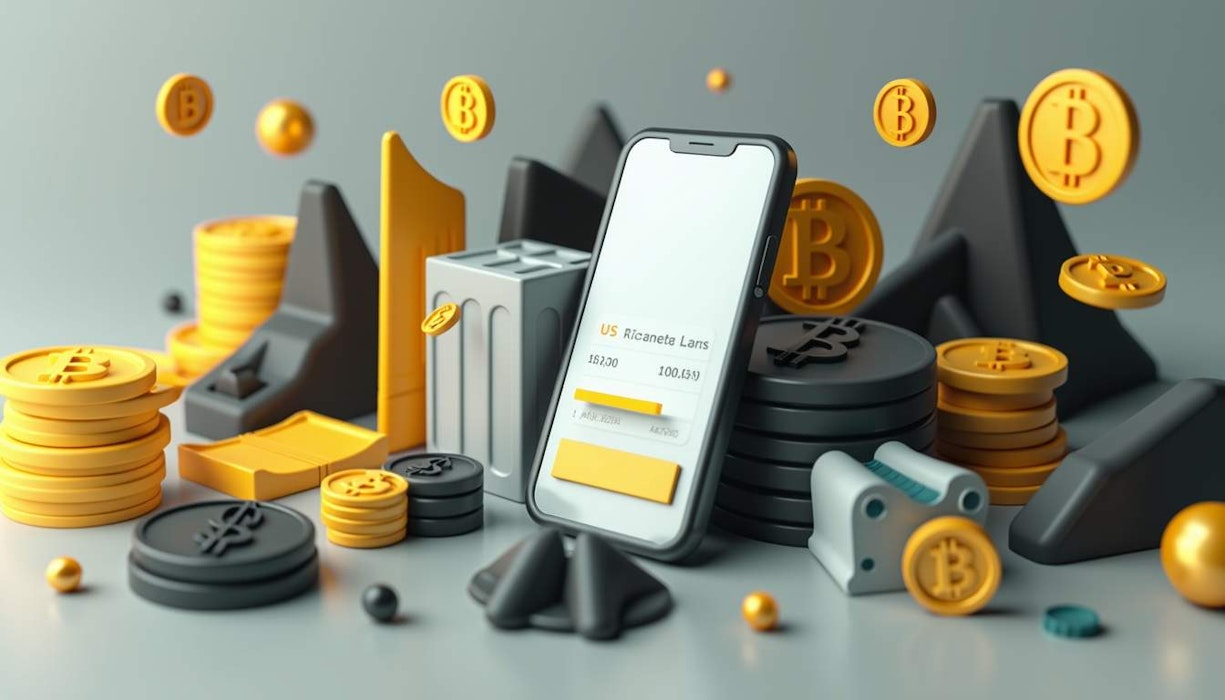What recent actions have been taken by US Treasury and UAE against North Korean actors involved in crypto laundering?
The US Treasury's Office of Foreign Assets Control (OFAC) and UAE authorities have sanctioned individuals and entities linked to North Korean crypto laundering. Specifically, Chinese citizens Lu Huaying and Zhang Jian, operating via a UAE-based company named Green Alpine Trading, were implicated. Their activities included converting cryptocurrency into fiat to bolster North Korea's weapons programs.
Bradley T. Smith, the Acting Treasury Under Secretary for Terrorism and Financial Intelligence, pointed out the ongoing presences of DPRK actors utilizing complex networks for their nefarious activities. His statement emphasizes the importance of disrupting these networks.
How are North Korean actors utilizing crypto links for illicit purposes?
North Korean actors have reportedly been involved in a myriad of crypto-related activities that illicitly benefit their regime. According to data, they have pilfered between $600 million and $700 million in cryptocurrency just in 2023. Overall, they've amassed an estimated $3 billion in various nefarious endeavors since 2018. Noteworthy tactics include:
Impersonating authorized workers within crypto exchanges, hacking platforms, planting malware to steal private keys, and deploying crypto mixers to obscure fund origins.
Why does this pose a challenge for cryptocurrency's reputation and market?
The sanctions against North Korean wallets by both US and UAE present far-reaching implications for the wider crypto market. Enhanced compliance and regulatory scrutiny are a distinct possibility, with a larger focus on anti-money laundering regulations becoming essential. This also symbolizes a detrimental impact on crypto's reputation, stressing concerns regarding regulatory efforts to weed out illicit markets. While facilitating legitimate operations by safeguarding against state-run scams can enhance trust, it creates challenges for market utility and broader acceptance.
What role do approved US crypto exchanges play in mitigating these illicit activities?
Approved US crypto exchanges, by virtue of their regulatory framework, are a bulwark against money laundering schemes. One core requirement is the registration as money service businesses (MSBs) with FinCEN while implementing robust AML and KYC programs. Vital measures include:
Verifying users' identities, ongoing monitoring for suspicious activity, and filing reports for transactions exceeding $10,000.
However, even within compliant exchanges, some have been found lacking in robust measures. According to a prior report, about 69% of crypto exchanges lack transparent KYC protocols, while others exhibit insufficient KYC processes. Coinbase is cited as a rare example of heightened compliance, having adopted cutting-edge verification solutions.
What potential repercussions could arise for US crypto trading as a result of these heightened sanctions?
Here are some potential implications for US crypto trading:
- Legitimate Users Impacted: Tightening of controls over mixing services could harm genuine users. This may push more valid transactions toward other jurisdictions, thus undercutting the regulatory landscape in the USA.
- Private Sector Alienation: A belief that US authorities are antagonistic towards digital asset innovation could harm collaboration with the private sector. Developers may relocate their activities, thus enabling illicit financial activities to surface elsewhere.
- Increased Operational Demands: Crypto businesses face an expanded compliance challenge. They’ll need to adapt by implementing advanced analytics to monitor user transactions in attempts to avoid sanctions evasion.
- Mixer Crackdown Inefficiency: Crackdowns on mixers may prove fleeting since North Korean actors can pivot to altered tactics or different platforms.
- Need for International Coordination: Notably, the sanctions underscore the necessity for international collaboration. Regulatory frameworks can differ greatly across borders, enabling potential loopholes.
In conclusion, the US and UAE sanctions against North Korean crypto laundering networks present a complex scenario. While they strive to disrupt dangerous networks, they also pose implications for legitimate users and sector players. Balancing vigilance with the promotion of healthy market dynamics remains crucial.
